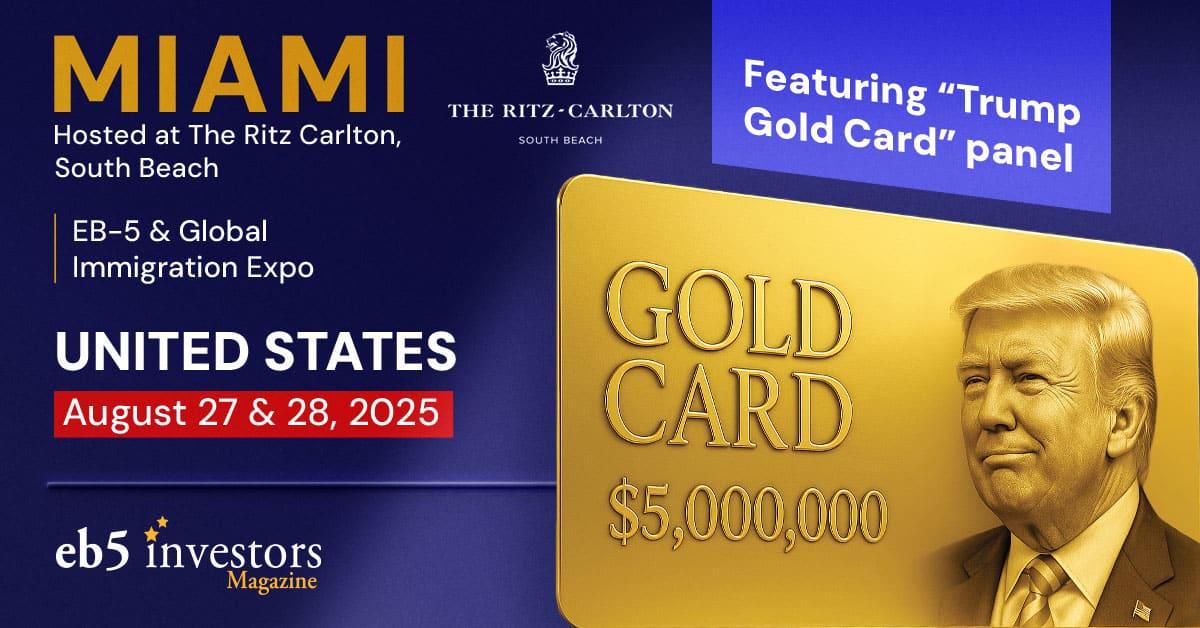
The U.S. State Department has temporarily stopped scheduling interviews for student visas to pave the way for an expansion of social media screening and vetting. The primary objective of this decision is to bolster national security through comprehensive online activity assessments of F and J visa applicants.
The Trump administration has released an official memorandum instructing U.S. embassies globally to cease scheduling appointments for student visas as it prepares to expand social media scrutiny of these applicants, according to media reports.
The pause will disrupt the plans of students who have been admitted to U.S. universities and are looking to transition to EB-5 visas after completing their studies.
U.S. immigration attorney Carolyn Lee from Carolyn Lee PLLC says the decision concerns the parents of international students overseas. “Having just returned from Singapore and East Asia, I’ve heard many worried comments from parents of international students. The U.S. is not the top destination for universities for many families anymore because they do not feel welcome. Given that the vast majority of our clients in investment immigration are law-abiding and respectful, I do wonder whether these measures, including visa revocations and status terminations, are overbroad for the important national goals we’re seeking to further.”
Lawyer Phuong Le from KLDP LLP cautions new and current applicants to assess their social media profiles if they plan to study in the U.S. under the current administration. “We’d advise any applicant to do some housekeeping with their past posts to remove things they might not have meant, or to remove profiles completely. Like it or not, if you have to submit an application to USCIS, you should assume it’s possible that USCIS will drag up your own words as a way to bludgeon you. I’m not saying you should muzzle or sanitize yourself but use some common sense and clean up some of your posts (it’s probably good advice for all of us). Yes, this policy may eventually be clawed back but you have to ride out the short-term danger first — then you can write whatever candid feelings you want once this administration comes to pass.”
U.S. student visa pause will affect decisions to transition to EB-5
EB-5 attorneys also outline the potential ramifications of this pause on future EB-5 visa applications, as many F-1 students transition to this visa once they are nearing the completion of their studies.
U.S. immigration attorney Dominique Pando Bucci from Pando Law explains that students overseas who have secured admission to U.S. universities but are unable to schedule visa interviews will face disruptions in their plans to pursue education and future opportunities in the United States.
Similarly, students already in the U.S. with expired visas seeking renewal for essential travel may encounter challenges that could impact their academic pursuits and long-term goals.
“A visa is like a ticket to the United States,” Pando Bucci adds. “While students in the United States can transition to EB-5 and other statuses, those abroad will face delays in coming to the United States to complete their studies and plan their futures. The expansion of social media vetting adds further scrutiny, potentially lengthening processing times for all those affected.”
Calvin Azadi from Azadi Law adds that many F-1 and J-1 applicants who leverage programs like OPT and other visa categories to invest in the EB-5 initiative eventually will be affected.
“Contrary to popular belief, most EB-5 visa applicants don’t come from wealthy families. They are usually young, talented, and hard-working people who came to the U.S. as students to pursue their dreams. Many of them earn the money they eventually use for their EB-5 investment while in the U.S. on OPT and eventually an H-1B or O-1 visa. Many Chinese and Indian nationals on an H-1B visa choose to apply for an EB-5 visa because obtaining residency through EB-1 or EB-2 will take them over a decade,” he explains.
Azadi also cautions that the halt in interviews and potential new social media screening policy will limit free speech and block visas for talented foreigners who disagree with the government’s political views.
“The EB-5, EB-1/2/3, and O-1 visa market will suffer, but more importantly, the U.S. economy will suffer and so will Americans because our country isn’t producing enough professionals in medicine, engineering, and other STEM fields, which provide services that the country depends on. Halting student visas and restricting who is approved for them based on political opinion is going to benefit the countries that the US competes with for the best talent in the world.”
Increased scrutiny on Chinese students in the U.S.
In a separate development, Secretary Marco Rubio has indicated the U.S. government’s intention to revoke visas for certain Chinese students, especially those affiliated with the Chinese Communist Party or studying in strategic fields like semiconductor engineering and aerospace.
Additionally, increased scrutiny on future visa applications from China and Hong Kong, as announced by the State Department and the Department of Homeland Security, could have repercussions for Chinese students currently enrolled in U.S. institutions.
DISCLAIMER: The views expressed in this article are solely the views of the author and do not necessarily represent the views of the publisher, its employees. or its affiliates. The information found on this website is intended to be general information; it is not legal or financial advice. Specific legal or financial advice can only be given by a licensed professional with full knowledge of all the facts and circumstances of your particular situation. You should seek consultation with legal, immigration, and financial experts prior to participating in the EB-5 program Posting a question on this website does not create an attorney-client relationship. All questions you post will be available to the public; do not include confidential information in your question.








